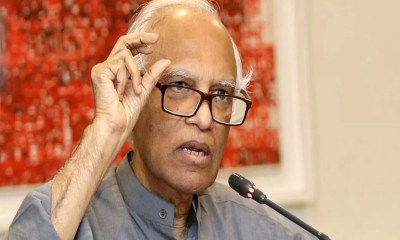Israel said Wednesday that it will allow Egypt to deliver limited humanitarian aid to the Gaza Strip. The first crack in a punishing 10-day siege on the territory came one day after a blast at a hospital killed hundreds and put immense strain on Gaza`s struggling medical system.
The announcement to allow water, food and other supplies happened as fury over the blast at Gaza City`s al-Ahli Hospital spread across the Middle East, and as U.S. President Joe Biden visited Israel in hopes of preventing a wider conflict in the region.
There were conflicting claims of who was behind the explosion on Tuesday night, but protests flared quickly as many Arab leaders said Israel was responsible. Hamas officials in Gaza blamed an Israeli airstrike, saying hundreds were killed. Israel denied it was involved and released a flurry of video, audio and other information that it said showed the blast was instead due to a rocket misfire by Islamic Jihad, another militant group operating in Gaza. Islamic Jihad dismissed that claim.
The Associated Press has not independently verified any of the claims or evidence.
Israel shut off all supplies to Gaza soon after Hamas militants rampaged across communities in southern Israel on Oct. 7. As supplies run out, many families in Gaza have cut down to one meal a day and have been left to drink dirty water.
The bloody devastation at al-Ahli threw the siege’s impact into sharp relief. Video from the scene showed the hospital grounds strewn with torn bodies, many of them young children. Hundreds of wounded were rushed to Gaza City`s main hospital where doctors, already facing critical supply shortages, were sometimes forced to perform surgery on the floors, often without anesthesia.
A steady stream of ambulances, taxis, cars and at least one motorcycle also arrived at a hospital in Khan Younis. Men jumped from the vehicles and scrambled to open doors, with hospital staff and bystanders helping carry the injured.
One man rushed in carrying a limp child in his arms. A girl with her head wrapped with a makeshift bandage was helped from a car. Many injured had to be carried by multiple men or hoisted onto gurneys.
As soon as one vehicle was unloaded, another arrived to take its place.
Biden said Egypt’s president agreed to open the crossing and to let in an initial group of 20 trucks with humanitarian aid. If Hamas confiscates aid, “it will end,” he said. The aid will start moving Friday at the earliest, White House officials said.
Egypt must still repair the road across the border that was cratered by Israeli airstrikes. More than 200 trucks and some 3,000 tons of aid are positioned at or near the Rafah crossing, Gaza’s only connection to Egypt, said the head of the Red Crescent for North Sinai, Khalid Zayed.
Supplies will go in under supervision of the U.N., Egyptian Foreign Minister Sameh Shoukry told Al-Arabiya TV. Asked if foreigners and dual nationals seeking to leave would be let through, he said: “As long as the crossing is operating normally and the (crossing) facility has been repaired.”
Israeli Prime Minister Benjamin Netanyahu’s office said the decision was approved after a request from Biden. It said Israel “will not thwart” deliveries of food, water or medicine from Egypt, as long as they are limited to civilians in the south of the Gaza Strip and don’t go to Hamas militants. The statement made no mention of fuel, which is badly needed for hospital generators.
Relatives of some of the roughly 200 people who were taken hostage and forced back to Gaza during the attack reacted in fury to the aid announcement.
Those fleeing the north and Gaza City to move south have crowded into U.N. schools or the homes of relatives.
With Israeli airstrikes relentlessly pounding the Gaza Strip, displaced Palestinians increasingly feel that no place is safe.
The Musa family fled to the typically sleepy central town of Deir al-Balah and took shelter in a cousin’s three-story home near the local hospital. But at 7:30 p.m. Wednesday, a series of explosions, believed to be airstrikes, rocked the building, turning the family home into a mountain of rubble that they said buried some 20 women and children.
The dead body of Hiam Musa, the sister-in-law of Associated Press photojournalist Adel Hana, was recovered from the wreckage Wednesday evening, the family said. They don`t know who else is under the rubble.
“It doesn’t make sense,” Hana said. “We went to Deir al-Balah because it’s quiet, we thought we would be safe.”
The Israeli military said it was investigating.


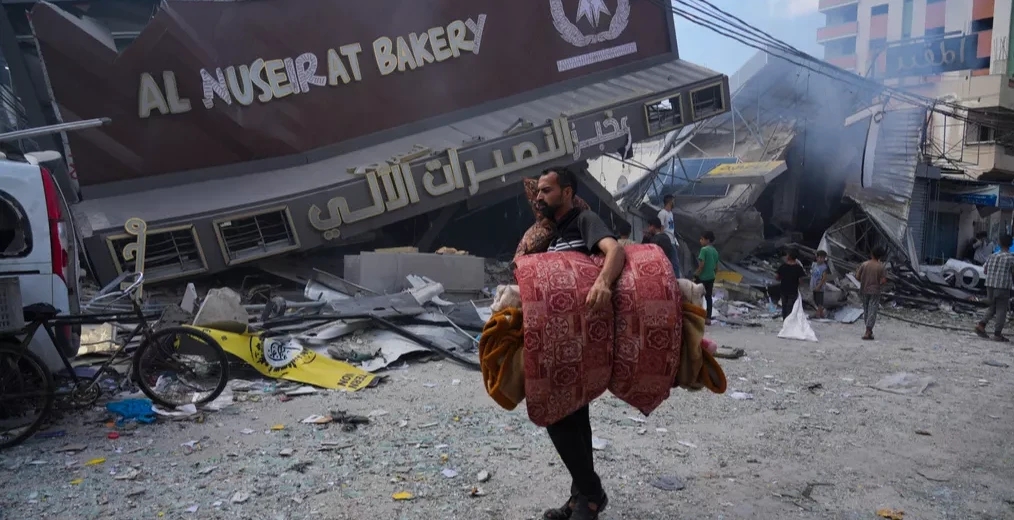

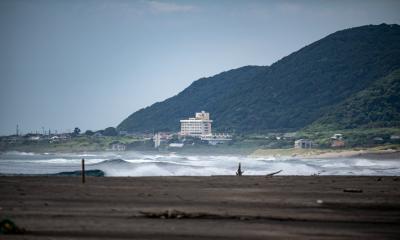
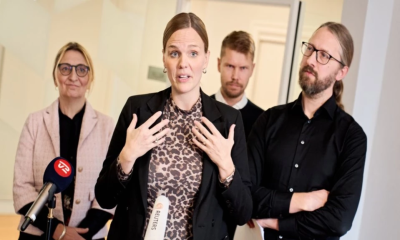

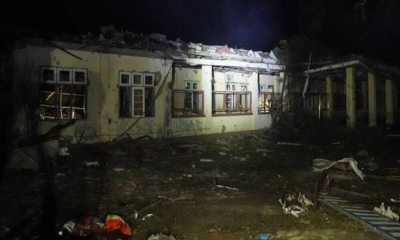
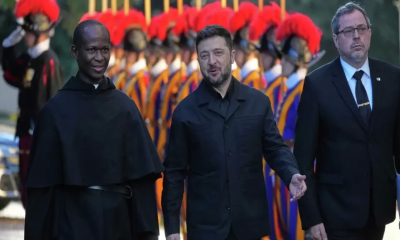

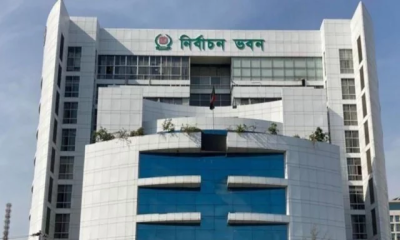
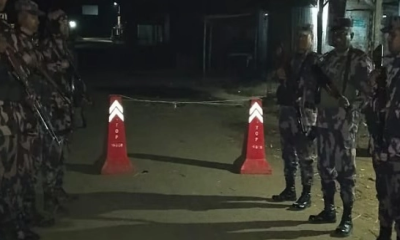
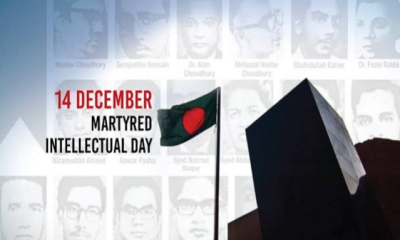
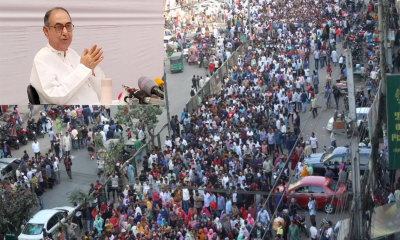
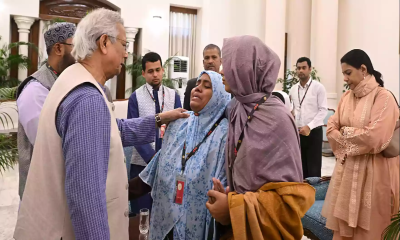
-20251213120612.webp)
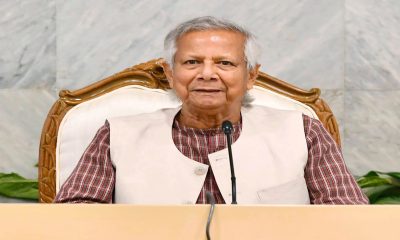
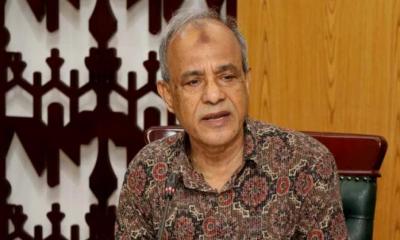
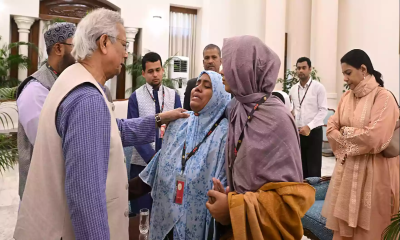
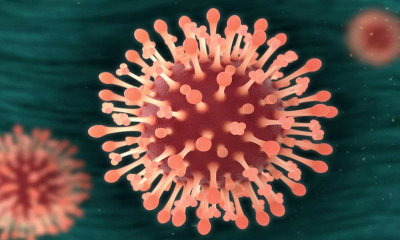
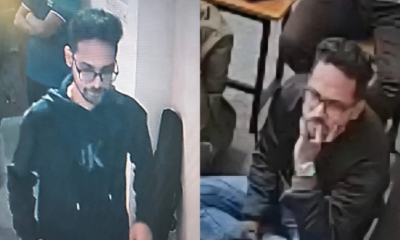
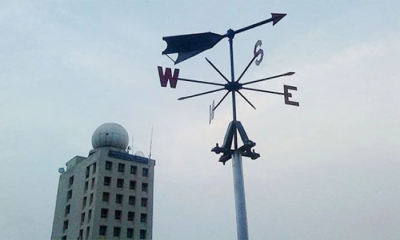
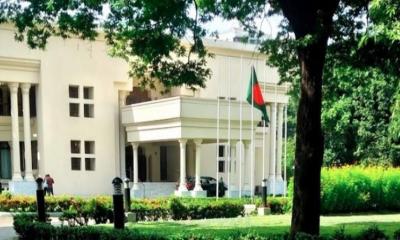

-20251212132043.webp)
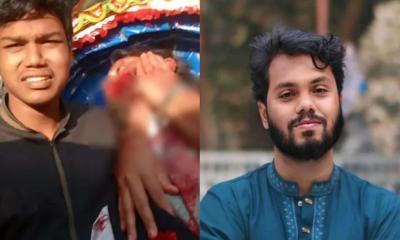



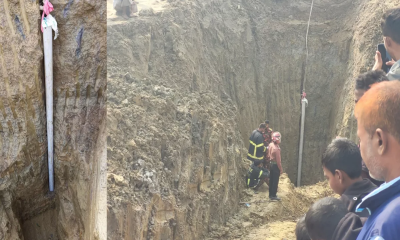
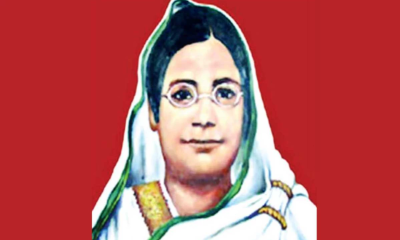

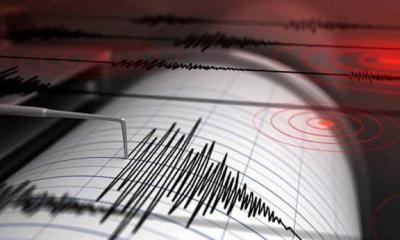
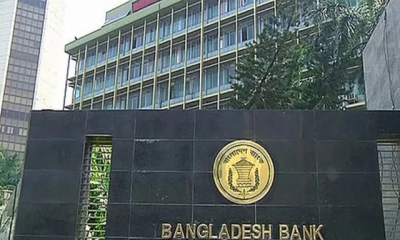
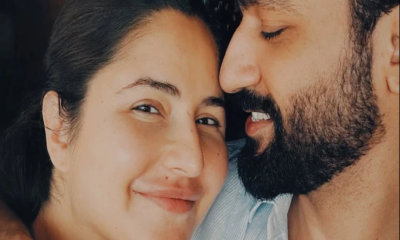
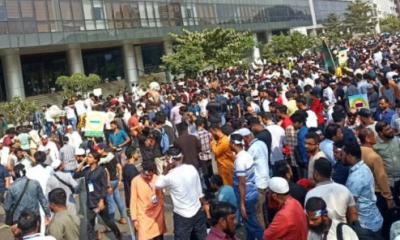
-20251207131533.jpg)

